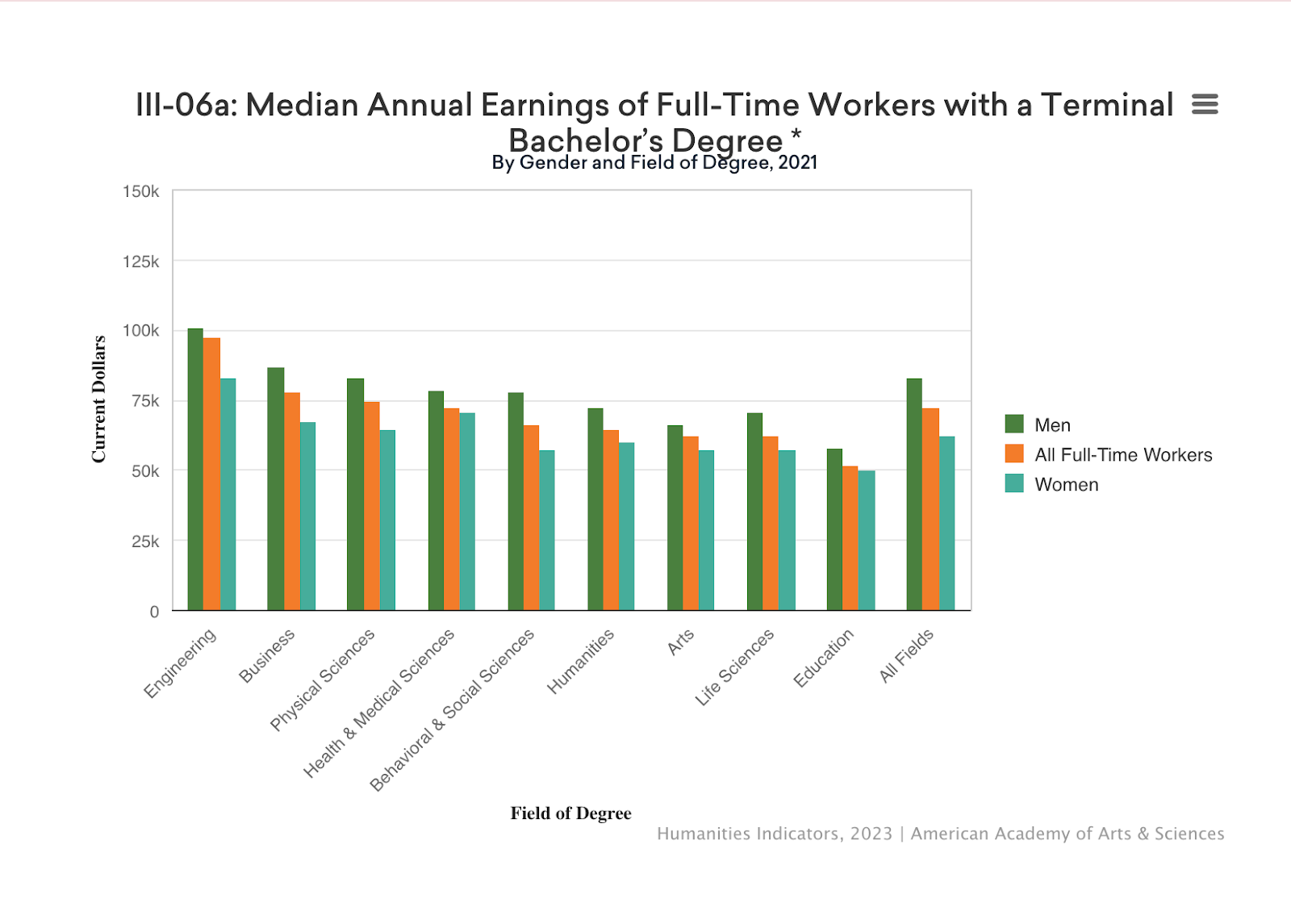OPINION: College students should spend their time doing what they love
Emily Hall, a junior studying history, argues that college students should spend their time taking classes and in a major that they enjoy, rather than one that they do not.
The Mahn Center for Archives and Special Collections in Alden Library. Photo via Ohio University English Department
“We don't read and write poetry because it's cute. We read and write poetry because we are members of the human race. And the human race is filled with passion. And medicine, law, business, engineering, these are noble pursuits and necessary to sustain life. But poetry, beauty, romance, love, these are what we stay alive for.” — N.H. Kleinbaum, Dead Poets Society
When I was a senior in high school, applying for colleges and deciding what the rest of my life would entail, I spent an agonizing amount of time choosing what I would study. Like most students, the first step in my decision-making process was Googling ‘highest-paying majors’ and writing down the results it gave me. However, I still chose to major in a field that many people assert is a useless degree on a fast track to unemployment.
Many people agree that graduating with a degree in science, technology, engineering, or mathematics (STEM) is the safest bet for making money right after college. Often, these people do not see any value in getting a degree outside of STEM. Many college students passionate about humanities will be urged to major in a STEM field because of the poor job prospects or the general attitude surrounding degrees in humanities.
This perspective on the value of a major is not just flawed, but also damaging to both students and academia as a whole.
For college students, your major encompasses much more than just what you study. It will often dictate the friends you make, the clubs you join, and what your post-graduate career will be. It is important to choose a major that will not only provide a good job post-graduation, but will also fulfill your passions and make your time in college worthwhile. Additionally, choosing a major that aligns with your individual passions will not just influence your motivation to do your coursework, but also make your education feel more engaging and purposeful.
For the last several decades, there has been a growing emphasis on pursuing a degree in STEM, which has only grown as technology and science have improved. STEM students learn skills critical for our knowledge-based and technology-dominant workplace. In contrast, students pursuing a degree in humanities are often overlooked and considered ‘less intelligent’ than their STEM counterparts.
In April 2025, the distinguished business magazine Forbes asserted that many college degrees are useless and fall short of providing job-ready value unless supplemented with practical, hands-on skills. They claim that majors such as philosophy, history, English, and communications leave graduates with debt and disappointment. Their justification is that these degrees do not provide experience in working with project management platforms like Excel or basic marketing and analytics software.
These majors deemed worthless provide students with skills and talents to be successful in a variety of fields that are often overlooked. Humanities degrees allow graduates to develop valuable skills like critical thinking, communication and research. These skills are not only highly sought after by employers, but also prepare graduates for a lifetime of adaptability that many of their STEM counterparts do not have.
Average salary of workers with a Bachelor’s degree by field. Photo via the American Academy of Arts and Sciences
Although it is true that, on average, STEM degrees earn more money than humanities degrees, this assertion fails to acknowledge the wide range of employment opportunities that humanities majors can pursue. This results in a wider range of incomes for humanities graduates in comparison to STEM graduates. For example, with a history degree, students can go into a variety of professions, including lawyers, businesspersons, politicians, writers, researchers, librarians, archivists, and even entertainers.
Additionally, many people believe that earning a STEM degree will guarantee graduates a job post-graduation, but this is not always the case. For example, many computer science graduates have been unable to find work in a limited job market, as the tech industry has been roiled by layoffs and hiring freezes in recent years.
In today’s world, where much of our lives are defined by what we own and how much of it, we are far too focused on the material wealth a college degree can provide, and not on what can help us lead fulfilling and meaningful lives.
As a history major, I am biased in thinking that my degree is superior to any other and I have never regretted choosing history as my major. Yet, I do not believe everyone should major in history. I know that every student has different skills and different passions from my own, and I should not expect them to abandon them in favor of what I think is the ‘right path to take.’ Our world needs humanities, but it also needs STEM. To value one degree over another is a perspective that fails to understand the world we live in. Our society needs writers in the same way we need engineers, it needs artists next to doctors, and historians along with accountants.
In the end, study a major that you want to do. Do not let your degree and your education be dictated by a Google search you made during your senior year of high school. If you are truly passionate about your field of study, you will find a career that will both make you happy and make you money. Whether that is a STEM or a humanities degree, your major should be your passion and make you happy.
Your life and career are defined by the choices you make, so spend your time here in college studying a major that you love.
Please note that these views and opinions do not reflect those of The New Political.


